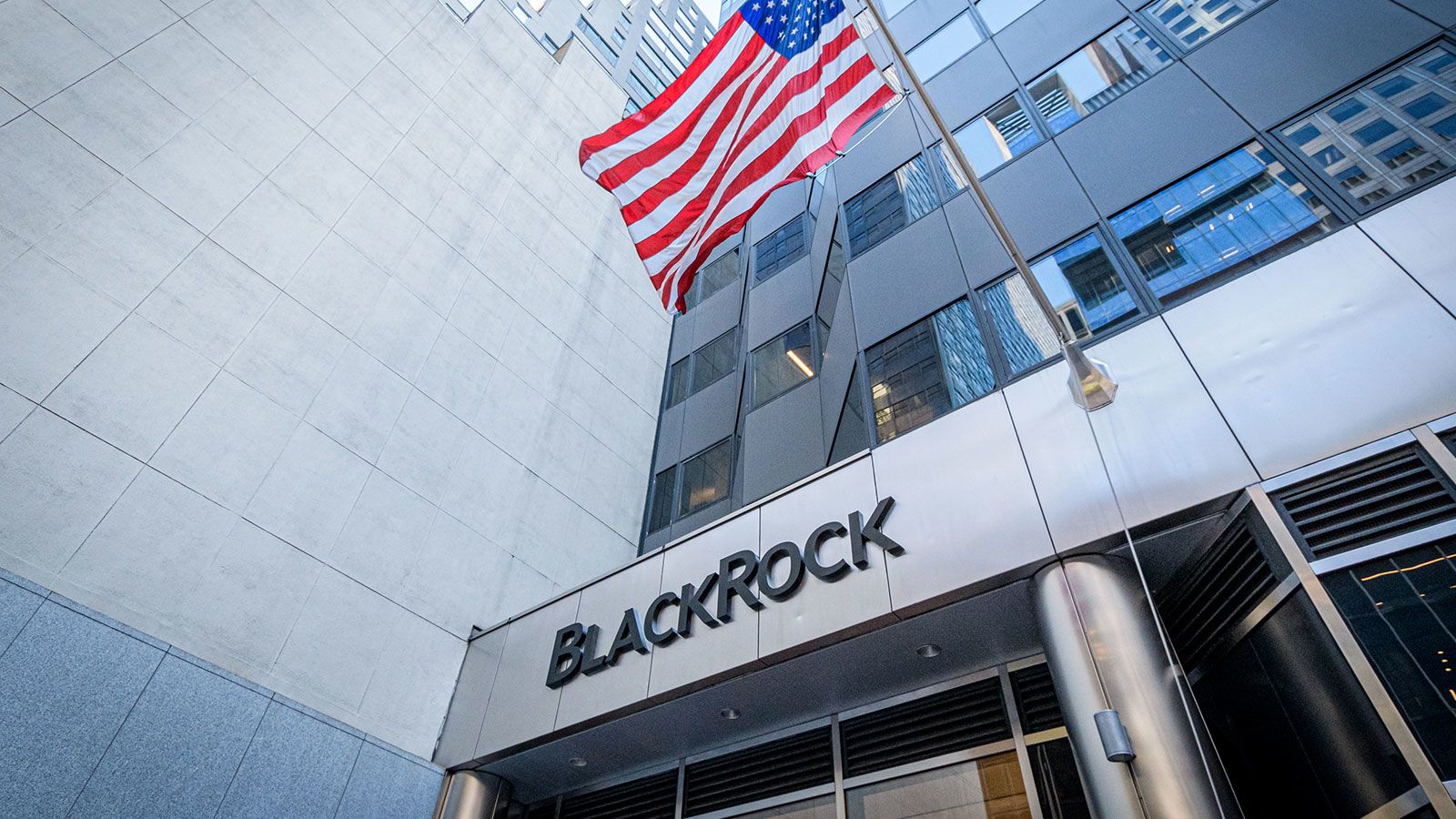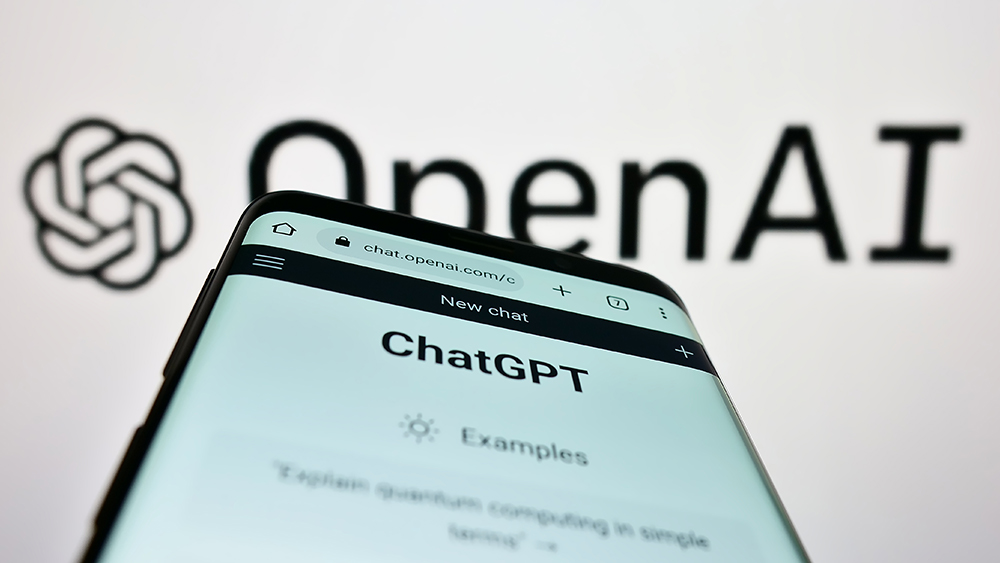Google and Amazon cloud services linked to Israeli weapons firms supporting bloodshed in Gaza
05/17/2024 / By Cassie B.

Two top Israeli state-owned weapons manufacturers are contractually required to use Google and Amazon’s cloud services, documents show, even as both tech companies have gone out of their way to downplay any connections to the genocide in Gaza.
The firms in question are responsible for manufacturing many of the weapons that Israel has been using to attack Gaza, including missiles and drones, and The Intercept reports that a 63-page government procurement document explains how they acquire software services from the joint contract, known as Project Nimbus.
Many experts want to see these tech firms held accountable for the support they are providing to Israel. Amnesty International tech researcher Matt Mahmoudi said: “If tech companies, including Google and Amazon, are engaged in business activities that could impact Palestinians in Gaza, or indeed Palestinians living under apartheid in general, they must abide by their responsibility to carry out heightened human rights due diligence along the entirety of the lifecycle of their products.”
He called on them to provide plans for preventing, mitigating and addressing the human rights violations that stem from their connections to the weapons manufacturers.
Google employees protested against Nimbus
Under Project Nimbus, Google and Amazon team up to provide the Israeli government with a range of cloud services. While some pertain to basic and relatively innocuous activities such as Google Meet video chats, others involve the use of more elaborate machine learning tools. Both companies have been dealing with backlash over the relationship, including protests and major employee uprisings.
Although workers from both companies have launched public protests against the Nimbus contract, those at Google have made headlines with their revolts. They carried out a series of sit-ins at Google’s headquarters in New York and California, and the company subsequently fired 50 employees who participated in the protests. One employee who was fired said that she believed employees have a right to know what their labor is contributing to as many chose to work at Google in the first place because they did not want to work for unethical companies.
The tender document outlines the rules and regulations governing the relationship and how the state of Israel will buy cloud computing services from Google and Amazon. It was originally published in 2021, when the two companies won the $1.2 billion contract, and has been subject to a series of updates since then. An appendix in the document lists Israeli government offices and companies that are required to purchase services from Google and Amazon if they need them rather than turning to other providers.
Among those state entities that are required to purchase cloud services from the two tech giants are the Israel Airports Authority, the Bank of Israel and more controversially, the Settlement Division, which has had a hand in expanding Israeli colonies in the West Bank.
The list also includes two major state-owned arms manufacturers, Rafael Advanced Defense Systems and Israel Aerospace industries. Both companies have supplied aircraft and weapons that have been used by the Israeli military in its bloody war in Gaza. This means that Project Nimbus is far more involved and potentially culpable in the genocide taking place in Gaza than previously believed.
It is not the first time that the tech companies have been pressed on their role in human rights violations. Following a report last month that the Israeli military had been using facial recognition from Google Photos to map and develop a “hit list” of Palestinians in Gaza, the company declined to state whether it permitted them to use their software in this manner.
Sources for this article include:
Submit a correction >>
Tagged Under:
Amazon, Big Tech, computing, conspiracy, corruption, cyber war, deep state, evil, Gaza, genocide, Glitch, Google, Holy War, human rights, humanitarian, information technology, Israel, military tech, Project Nimbus, resist, tech giants, technocrats, traitors, Twisted, weapons tech, WWIII
This article may contain statements that reflect the opinion of the author
RECENT NEWS & ARTICLES
COPYRIGHT © 2017 COMPUTING NEWS



















